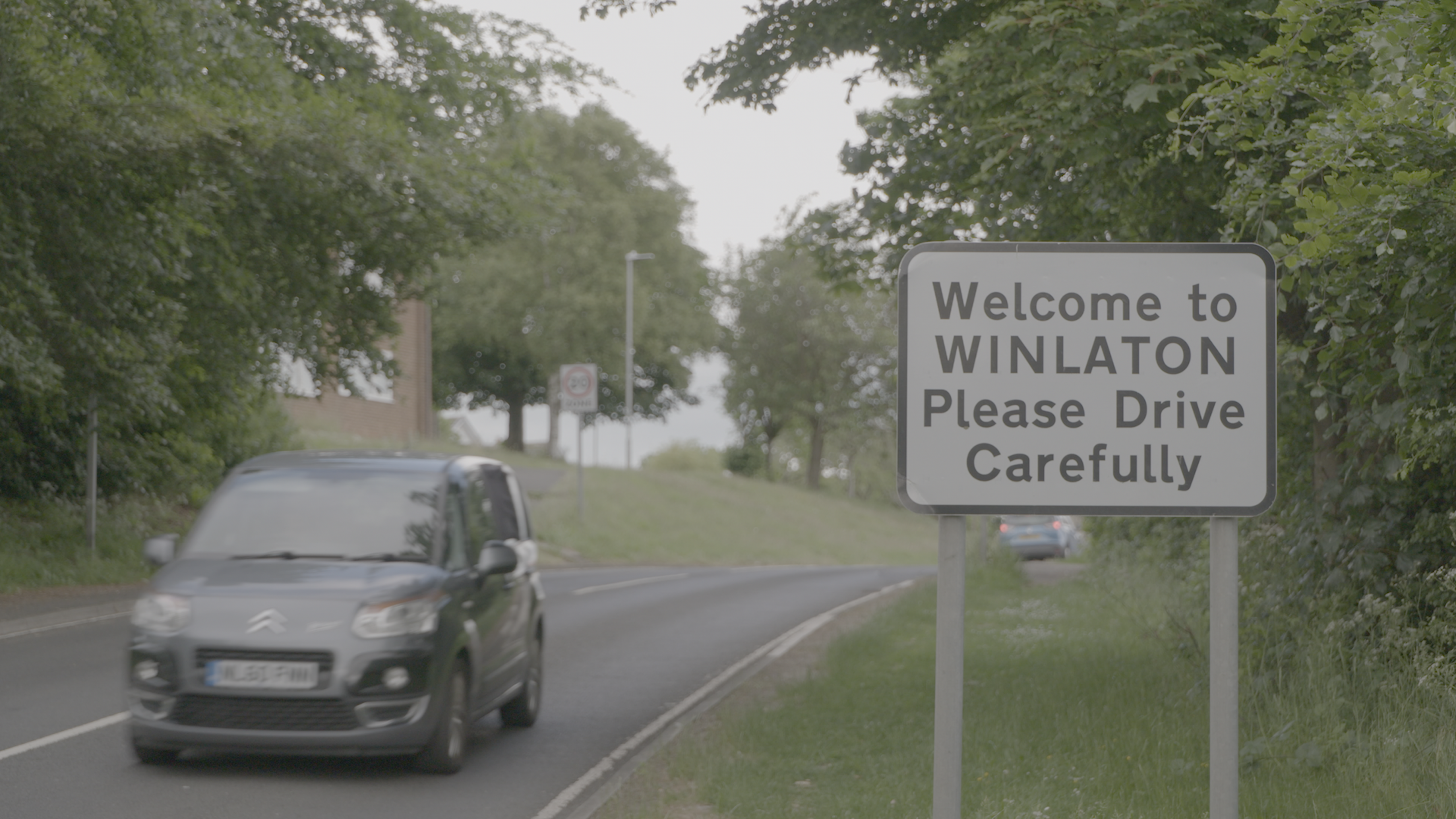- Winlaton, Gateshead to become first community to receive hydrogen blend via the public natural gas network
- 668 houses, a school and some small businesses will all receive the blend
- The project will start in August and run for approximately 10 months
The next phase of a ground-breaking green energy trial that could help Britain dramatically cut its carbon emissions and open the door to a low-carbon hydrogen economy has been given the go-ahead by the Health and Safety Executive (HSE).
The HyDeploy project will blend hydrogen with natural gas on a public gas network in Winlaton, Gateshead operated by Northern Gas Networks.
Heating in the UK is currently responsible for a third of carbon emissions. Because hydrogen produces no carbon at the point of use, it is a viable alternative for heating homes and businesses to achieve the Government’s target of Net Zero carbon emissions by 2050.
HyDeploy is a £22.5m Ofgem Network Innovation Competition project delivered by a consortium, including partners Northern Gas Networks, Cadent, Progressive Energy Ltd, Keele University, HSE – Science Division and ITM Power.
The first phase of HyDeploy saw 100 homes and around 30 commercial buildings on a closed network at Keele University successfully use the hydrogen blend for a period of 18 months which ended in the spring.
In a ten-month long pilot, due to start in August, HyDeploy will blend up to 20% of hydrogen (by volume) for 668 homes, a school and some small business in Winlaton.
Customers will continue to use their gas supply and appliances as they do today, without any changes needed to gas appliances or pipework as current gas appliances are designed to operate with a blend of up to 23% hydrogen.
Tim Harwood, Head of Programme Management and H21 Project Director at Northern Gas Networks, said: “We’re delighted the HSE has given us the go-ahead for the next phase of HyDeploy at Winlaton. The project will provide more vital evidence about the possibilities of blending hydrogen into the natural gas network across the UK, as a stepping-stone to decarbonising heat with no disruption to customers’
“We’ve engaged with the community of Winlaton over the past 18 months and, with the support of the Council, undertaken safety checks on their appliances to reassure residents that they can continue to use their gas as normal whilst playing a vital role in the decarbonisation of the gas network ”
Dr Angele Needle, Director of Strategy at Cadent said “HSE approval to allow customers in Winlaton to receive hydrogen blended gas builds on the successful completion of a trial on a private gas network at Keele University. From October 2019 until March 2021 customers living in 100 homes and 30 university buildings safely received a supply of blended gas without the need to make any changes to their existing appliances.”
The HSE granted HyDeploy an exemption to the current limit of 0.1% hydrogen in the UK gas network after the project gathered extensive evidence to demonstrate the hydrogen blend will be ‘as safe as natural gas’.

Fast facts
- Heating homes and industry accounts for nearly half of all energy use in the UK and one third of the country’s carbon emissions.
- If hydrogen were blended with natural gas across the UK at a similar level to HyDeploy, it could save around 6 million tonnes of carbon dioxide emissions every year, the equivalent of taking 2.5 million cars off the road.
- Hydrogen was a major component in ‘town gas’, gas created from coal and used widely throughout Britain before the discovery of North Sea gas in the 1960s. Up to 60% of the gas (by volume) being used by consumers was hydrogen.
- Across Europe, permitted levels of hydrogen in the gas supply vary, from 0.1% in the UK to up to 12% in parts of the Netherlands





